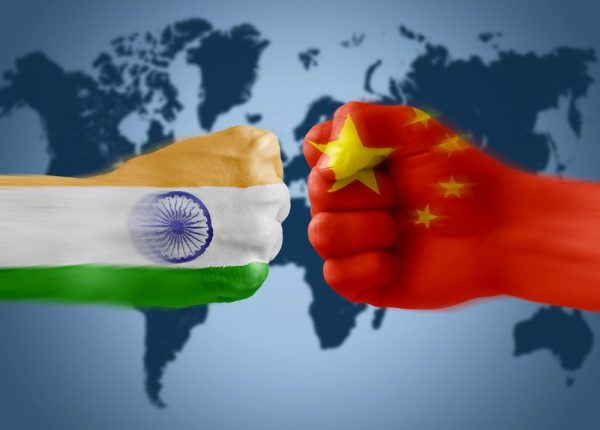Indian diplomats know China and its leadership well, with many having served in Beijing, some as the Ambassador of India. While the Ambassador of Pakistan is made much of in view of the fact that the Army of that country has become a Corps of the PLA, the envoy of India is treated differently in view of New Delhi’s insistence on equality. The behaviour of authorities in Beijing needs to reflect that adopted by the Government of India, which has never stood in the way of the frequent interactions of PRC diplomats with members of the public and the media. However, the politeness that comes naturally to officials and diplomats in India while dealing with their foreign counterparts should not be taken as a sign of weakness. Despite his busy schedule, Defence Minister Rajnath Singh made time to meet with his Chinese counterpart in Moscow, while External Affairs Minister S. Jaishankar met separately with Foreign Minister Wang Yi. This was apart from the meeting of Russian, Indian and Chinese Foreign Ministers at Moscow. Given the situation caused at the border because of the intrusions of Chinese forces, it would have been understandable if neither the Defence Minister nor the External Affairs Minister held separate talks with the Chinese side. Both would be well aware that neither of the Chinese ministers has the clout within the Politburo of the Chinese Communist Party to actually negotiate with their counterparts from India. Both would simply repeat what they have been told to say by headquarters, and this is what both did, the Foreign Minister in a more suave manner than the Defence Minister. After what took place in the Ladakh sector, which followed the activity at Doklam in the past, trust that the Chinese side will abide by the Confidence Building Measures so carefully put in place in 2005 has dipped to zero. It is clear that the Chinese side wants to assist Pakistan in the latter’s efforts to grab territory in Kashmir. That the PRC is not neutral but is backing Pakistan in Kashmir became clear when the China Pakistan Economic Corridor passed through Pakistan-occupied Kashmir without any change in nomenclature. This signified the change in stand of Beijing in the matter. The question is whether India should respond in kind, on issues that had previously been settled with China. If only one side is obeying solemn agreements while the other considers them waste paper as soon as it sees an opportunity for further gains, there is little point in such agreements being treated with any sanctity.
What the PRC considers as the validity of an agreement is clear from the South China Sea. President Xi Jinping promised President Barack Obama that no islands in those waters would be fortified. Since that meeting

